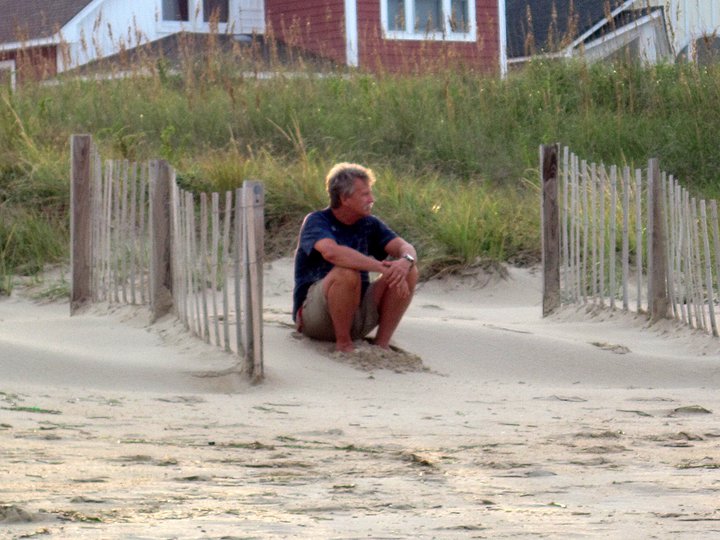The Seven Sages of Greece
- Thales of Miletus
- Bias of Priene
- Pitticus of Mytilene
- Solon the Athenian
- Chilon the Lacedaemonion
- Cleobulus of Rhodes
- Periander the Corinthian
The idea of a list of the wisest ancient Greeks may have started with Plato’s Protagoras where Socrates is quoted listing seven of the wisest Greeks. However debate about who should be in the list has vacillated.
In my invaluable<smile> opinion, two of these stand out as truly wise and significantly important.
-
First, Thales of Miletus has been referred to as the Father of philosophy, He was the first recognized thinker who relied on logic, physical observation, and the principals of causality. He was a mathematician, astronomer and philosopher. There is much that can be said about him but I will focus on just a few. Thales was questioned by fellow citizens as to why he pursued philosophy as it was considered unprofitable. Thales decided to demonstrate how a philosopher can also be financially clever. He essentially developed the financial concept of “futures” or trading options. I personally sell options (mostly cash covered puts) all the time so I have a heart for options. He saw that the weather was conducive for a potentially great olive harvest so he went to the limited number of olive farmers in his region (Miletus - at the time in a bay of what is now Turkey) and “contracted” with them to lease their olive presses for the harvest season for what seemed a generous price. He “cornered the market” for olive presses. When the harvest came those olive presses were in great demand so he upped the price and made a handsome profit. He calculated the height of the Great Pyramid in Egypt (where he probably learned about geometry). He could calculate how far away a boat was through triangulation. He may have influenced Pythagoras to learn geometry and math from Egypt. The river that runs through Miletus is called the Meander River. It winds back and forth and we get our word “meander” from this river. But the river was bringing silt into the harbor and slowly filling it up. His fellow citizens blamed the Gods. Thales investigated it and realized that farming along the river was contributing to the problem - for the first time someone sought a reasonable cause for what the God’s were delivering. As a side note the harbor bay is now completely filled in. He predicted an eclipse I(like due to his studies of Babylonian astronomy - the Saros cycle) and his prediction happened during the battle between Lydians and Medes which resulted in a truce. Thales founded the Milesian School whose students included: Anaximander, Anaximenes, Heraclitus, Anaxagoras, and Achelaus.
-
Second, Solon may be the most influential force for democracy. He was a statesman, philosopher, lawmaker, and poet. His efforts to establish democracy included a constitution limiting political powers and instituting justice with focus on “leveling the playing field” for aristocrats and the people. His poem delivered to his forces during a conflict over the island of Salamis may affected his fighters and ultimately impressed Sparta enough for them to give up the island to Athens and may have been the seed for Diogenes Laertius delivering his speech years later to bolster the famous Battle of Salamis against Persia. Solon was asked to put together “reforms” for Athens which included canceling all debts including loans he owned. He got the Athenians to agree to his extensive reforms by stating that for 10 years they were not to changed and to seal the deal he would go abroad (he essentially ostracized himself) for those 10 years. His efforts led to the Golden Age of Athens.
Sources:
- (https://greekreporter.com/2024/11/11/seven-sages-ancient-greek/)
- (https://en.wikipedia.org/wiki/Seven_Sages_of_Greece)
